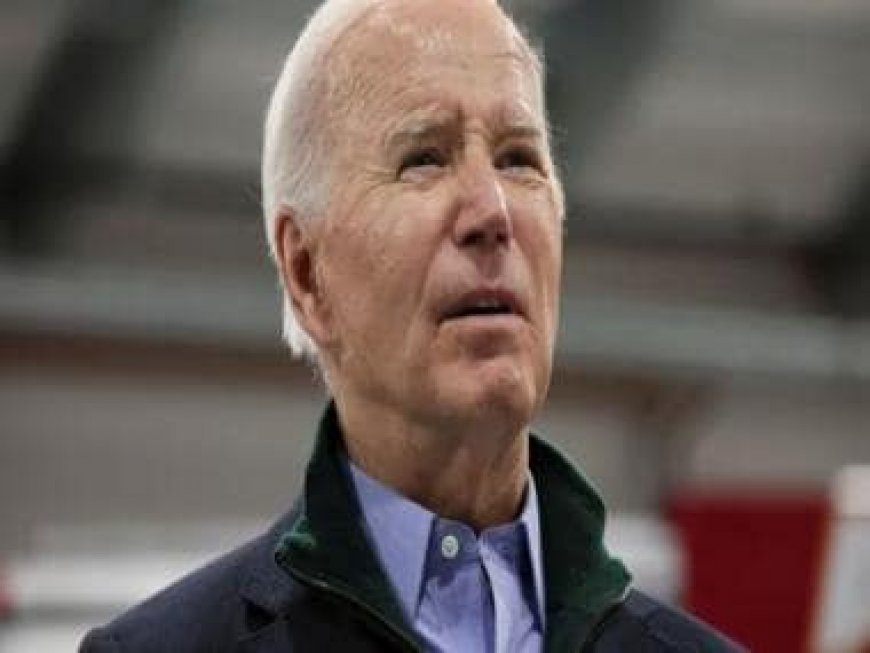US does not support Taiwan independence, says Joe Biden after crucial polls
US does not support Taiwan independence, says Joe Biden after crucial polls

President Joe Biden said that the United States does not endorse the independence of Taiwan, following the elections where voters in Taiwan, defied China’s preferences and elected the Democratic Progressive Party for a third consecutive term. The Democratic Progressive Party has consistently aimed to curb Beijing’s influence.
China views Taiwan, governed separately, as an integral part of its territory, advocating reunification, even if it requires the use of force. In contrast, the majority of Taiwanese favour maintaining the current status quo.
Earlier in the day, the Taiwanese ruling Democratic Progressive Party’s (DPP) presidential candidate Lai Ching-te came to power, strongly rejecting Chinese pressure to spurn him, and pledged both to stand up to Beijing and seek talks.
“We do not support independence…” Biden said, when asked for reaction to Saturday’s elections.
Hours ahead of the polls opening, Washington had warned “it would be unacceptable” for “any” country to interfere in the election.
Taiwan, a neighbouring island China claims as its own, has been a democratic success story since holding its first direct presidential election in 1996, the culmination of decades of struggle against authoritarian rule and martial law.
The United States is Taiwan’s most important international backer and arms supplier despite the lack of formal diplomatic ties with the island.
U.S. Secretary of State Antony Blinken congratulated Lai Ching-te on his victory and said the United States “is committed to maintaining cross-strait peace and stability, and the peaceful resolution of differences, free from coercion and pressure.”He said the U.S.looks forward to working with Lai and leaders of all parties in Taiwan to advance their “longstanding unofficial relationship, consistent with the U.S. one China policy.”
The Biden administration has feared that the election, transition and new administration would escalate conflict with Beijing.
Biden has worked to smooth relations with China, including agreeing to talk through differences on security matters at a California summit with President Xi Jinping in November.
Taiwan’s government expects China to attempt to put pressure on its incoming president after the vote, including staging military maneuvers near the island this spring, two senior government officials said. China has never renounced the use of force to bring Taiwan under its control.
In a show of support for the government, Biden plans to dispatch an unofficial delegation to the self-governed island, according to a senior Biden administration official.
The delegation is likely to include some former high-ranking American officials, according to the official, who said the names have not been finalized. Similar delegations have been sent to Taiwan in the past.
China was angered in 2016 when then-President-elect Donald Trump spoke by phone with President Tsai Ing-wen of Taiwan, the first such conversation between U.S. and Taiwan leaders since President Jimmy Carter switched diplomatic recognition from Taiwan to China in 1979.
With inputs from Reuters.
What's Your Reaction?



























































